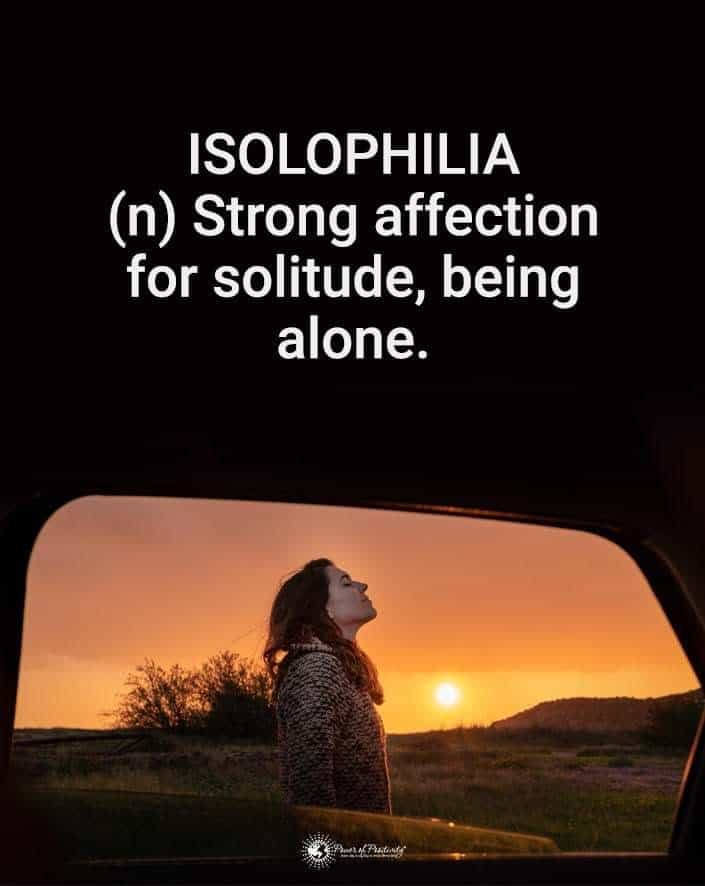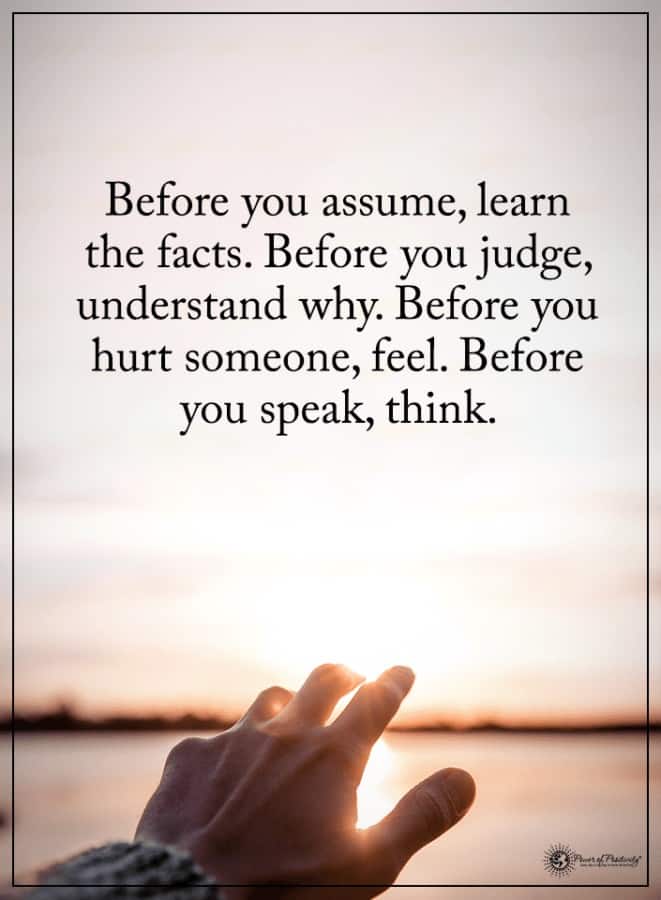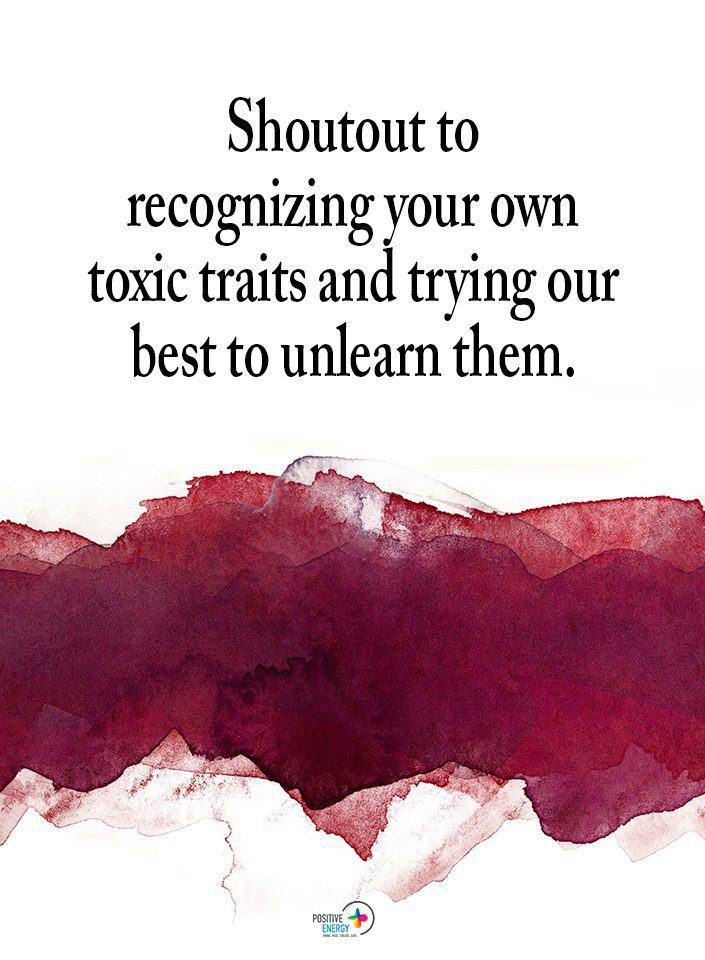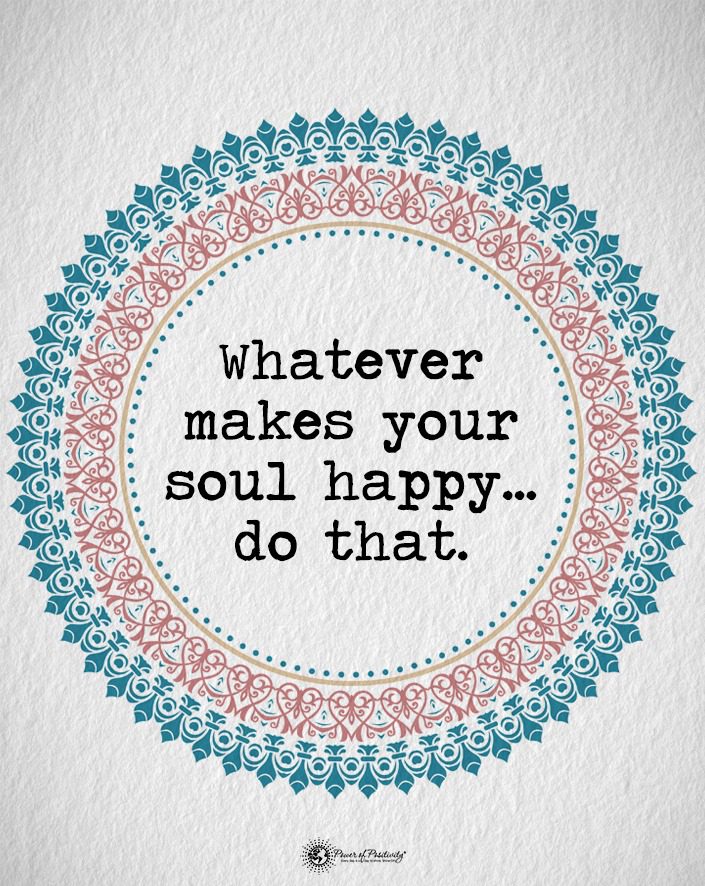The evidence continues to mount regarding loneliness and how damaging it can be to our health. In fact, being alone too much kills twice as many people as obesity. Besides that, the increased mortality risk compares to that of smoking cigarettes every single day.
According to a survey conducted by the Knowledge Networks, loneliness has doubled since the 1980s, with 40 percent of adults feeling lonely compared to 20 percent just a few decades ago. In the next few years, many scientists predict a loneliness epidemic to sweep America, and even the world, with the rising use of technology to communicate instead of face-to-face interactions.
However, just because you feel lonely now does not mean you can’t make meaningful connections with people and fill that emptiness in your heart. Many people fear they will remain lonely forever, so they give up on even trying to reach out to others and form positive relationships. Loneliness can cause numerous health problems, even death, if people don’t act to combat loneliness.
After isolating ourselves, it can almost feel normal, and we tend to stay inside our warm, safe shells instead of socializing with others.
Here are five signs you spend too much time alone:

1. You long for meaningful, deep connections with people.
Many lonely people don’t enjoy spending so much time alone; they have just lost their connection to people and thus, don’t know how to get it back. If you find yourself craving social interactions and forming deep relationships with people, you probably spend too much time alone. Even if you have a few friends, you see from time to time. You can still feel lonely if you don’t feel deeply connected to them.
2. You use food, drugs, alcohol, or something else to forget about your loneliness.
Sadly, many people use harmful substances to fill a void in their lives, whether from loneliness, depression, anxiety, lack of purpose, or anything else that causes unhappiness. If you turn to your pantry or refrigerator for companionship more than other people, you likely spend too much time alone. While food and an occasional drink should be enjoyed, you shouldn’t turn to them for comfort or to escape your life. They won’t help you stop feeling lonely; they will mask the problem for a while.
3. You feel restless and bored a lot.
As mentioned above, when we feel bored, we numb our emotions through TV shows, video games, or food, drugs, or alcohol. But whatever happened to hang out with friends or family when we feel bored or restless? While you should enjoy your own company and be able to be alone without feeling lonely, doing this too much can enhance your feelings of loneliness. We are social creatures and need one another to get by in this lifetime. If you feel bored, call up an old friend and see if they feel like catching up. Or, check out local groups to form new connections and possibly find a new favorite hobby.
4. You have forgotten how to talk to people in a conversation.
Social isolation can damage our social skills, especially if we have isolated ourselves for long periods. The advent of social media and other forms of entertainment only accelerates our decline in social skills because we use the Internet as a safety net, going to it whenever we don’t feel like talking. However, this can quickly get out of control if we don’t find some balance. If you feel uncomfortable or don’t remember talking to people in social situations, you probably spend too much time alone.

5. You have developed social anxiety as a result of isolating yourself.
Finally, the more you isolate yourself, the harder it will feel to go up to people and converse with them. According to the Anxiety and Depression Association of America, approximately 15 million, or 6.8%, Americans suffer from social anxiety. The only way to overcome this is to start talking to people because you have to meet your fears head on if you want to beat them. However, people who spend most of their time alone eventually feel so comfortable doing this that they lose their desire to form relationships with others. If you feel socially anxious and have lost your motivation to talk to others, you probably spend way too much time by yourself.
Consider joining support groups for social anxiety to help you ease your way into talking to others, or maybe join an organization or activity you feel passionate about, so you can meet other like-minded people.
You shouldn’t feel embarrassed about loneliness; many people feel lonely, but don’t ever admit it to others in fear of being ridiculed or rejected. However, social isolation should be taken seriously; no one likes feeling alone, but sadly, a startling amount of people do in today’s world.
Remember to take baby steps to become social again and turn to trusted friends and family for support. As long as you believe in yourself and have the motivation to form connections again, you will get there. On the flip side, if you ever see someone while you’re out and about who looks lonely or depressed, make sure to reach out to them. A simple smile and a “How are you feeling?” can go a long way, especially for someone feeling isolated and alone.








